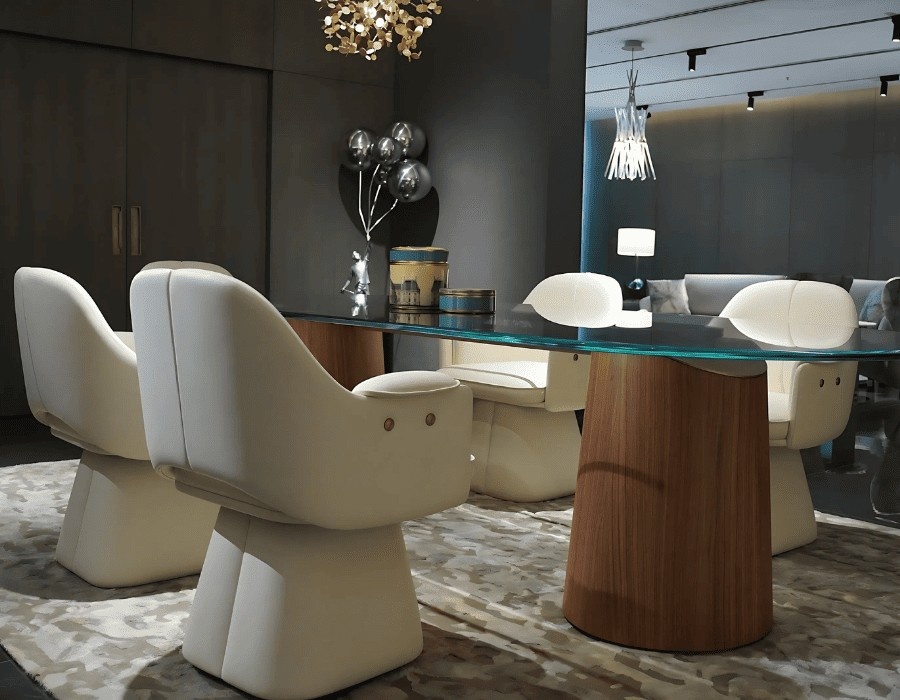Furniture that Moves with You: The Rise of Modular and Adaptive Living Spaces
16 Apr 2025

In today’s fast-paced world, flexibility and adaptability are key, especially when it comes to our living spaces. The rise of modular and adaptive furniture is reshaping the way we design and experience our homes, offering smart solutions for evolving lifestyles. Whether you’re moving frequently, maximising a small space, or seeking multifunctional design, modular furniture provides a seamless blend of practicality and style.
1. The Evolution of Modular Furniture
The concept of modular furniture is not new, but its popularity has surged as urban living spaces become more compact and dynamic. Traditionally, furniture was designed with permanence in mind, but today’s homeowners and renters require pieces that can evolve with their needs.
Modern modular furniture ranges from sofa sets that transform into beds to stackable shelving systems and expandable dining tables. The appeal lies in the ability to rearrange, resize, or repurpose pieces without compromising on aesthetics. Innovations such as hidden storage compartments, foldable mechanisms, and detachable components make modular furniture a smart choice for contemporary living.
2. Space-Saving and Multi-Functional Benefits
One of the biggest advantages of modular and adaptive furniture is its space-saving potential. As urbanisation continues to drive demand for compact homes, studio apartments, and co-living spaces, modular solutions help maximise functionality without overcrowding a room.
For instance, a wall-mounted desk can double as a dining table, and a sofa with built-in storage can declutter a small living area. Adaptive furniture is particularly beneficial for city dwellers who require versatility in their interiors. Additionally, modular designs align with minimalist aesthetics, making spaces feel open and organised.
3. Sustainability and the Future of Adaptive Design
Beyond functionality, modular furniture is playing a key role in sustainable living. With sustainable materials, recyclable components, and longer life cycles, these designs contribute to a more environmentally responsible lifestyle. Many furniture brands are focusing on eco-friendly materials such as reclaimed wood, bamboo, and recycled plastics to craft durable and adaptable pieces. The ability to replace or upgrade individual components instead of discarding entire pieces also reduces waste, aligning with the principles of a circular economy.
Conclusion
The shift towards modular and adaptive furniture is more than just a trend—it is a response to the changing demands of modern living. From flexibility and space efficiency to sustainability and customisation, these innovative designs cater to a world where mobility and functionality are essential. As homes continue to evolve, modular furniture ensures that style and practicality move with you, wherever life takes you.